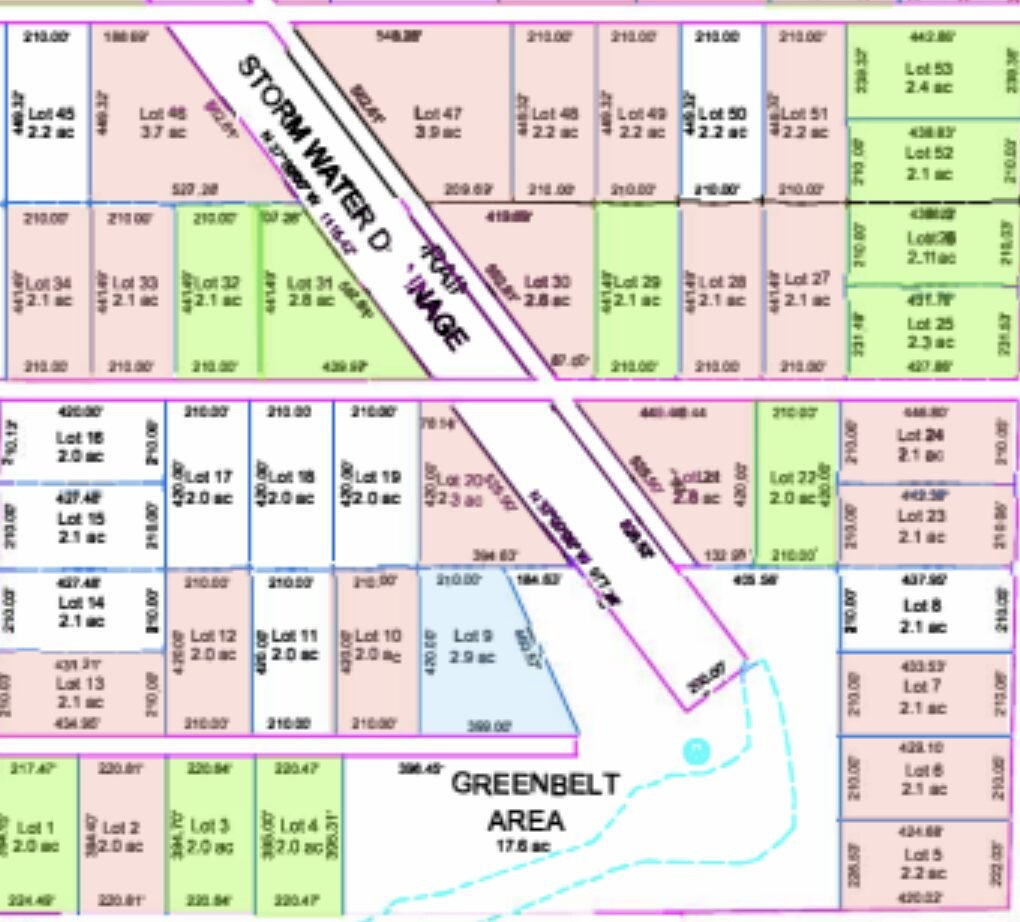The benefits of cooperative land ownership over traditional deed-based ownership are primarily centered around affordability, long-term stability, and a strong sense of community.

Affordability and Shared Costs
In a traditional deed-based system, a single individual or family bears the entire financial burden of purchasing and maintaining the property. In contrast, cooperative ownership models—like a community land trust—separate the ownership of the building from the land itself.
- Lower entry cost: Members of a cooperative often buy shares in the corporation that owns the land, which is far less expensive than a traditional down payment on a house and lot. This makes homeownership more accessible, particularly in areas with high property values.
- Shared financial responsibility: Costs for major repairs, upgrades, and taxes are distributed among all members. This shared responsibility can prevent an individual from being financially devastated by a single unexpected expense. For example, four property owners whose property touches at one corner could share the cost of drilling and maintaining a water well and pump.
Long-term Stability and Community Control
Deed-based ownership can be unstable, as property values fluctuate with the market. Individuals can be priced out of their neighborhoods by gentrification. Cooperative models provide a buffer against these market forces and dis-incentivize holding land as an investment.
- Permanent affordability: The land is typically held in a trust “in perpetuity” (forever), with rules that cap resale prices. This ensures that the property remains affordable for future generations of community members, rather than being sold at market rate.
- Protection from displacement: Because the land is collectively owned, it cannot be bought out by a private developer. This protects the community from being displaced and allows residents to have a secure, long-term tenure in their homes.
Community and Empowerment
While a traditional homeowner is often an isolated entity, a cooperative model encourages collective action and shared governance.
- Collective decision-making: All members of the community have a say in how the property is managed. This democratic process gives residents a voice in issues that affect their daily lives. This could include uses of a community building to how common areas are maintained.
- Increased social cohesion: Living in a cooperative requires active participation and collaboration. This often leads to a deeper connection with neighbors and a stronger sense of belonging. The community becomes a support network where residents work together to achieve common goals.
In essence, while traditional ownership is about individual investment and profit, benefits of cooperative land ownership include prioritizing the collective well-being and long-term security of the entire community.